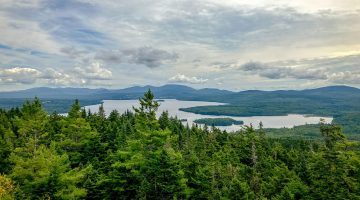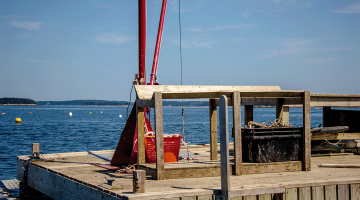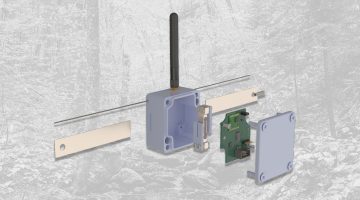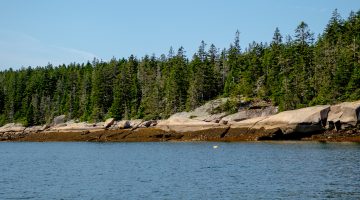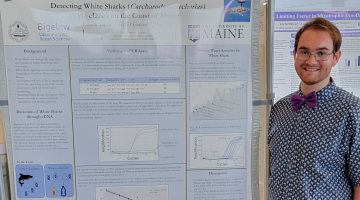Pips Veazey and developing research networks
Biography Pips Veazey is the inaugural director of the University of Maine Portland Gateway, a strategic hub providing streamlined access to UMaine’s comprehensive research, education and outreach resources. Previously, Veazey led the Alaska NSF Established Program to Stimulate Competitive Research (EPSCoR), where she developed extensive expertise in leading large-scale, interdisciplinary research initiatives. In her current […]
Read more


